News
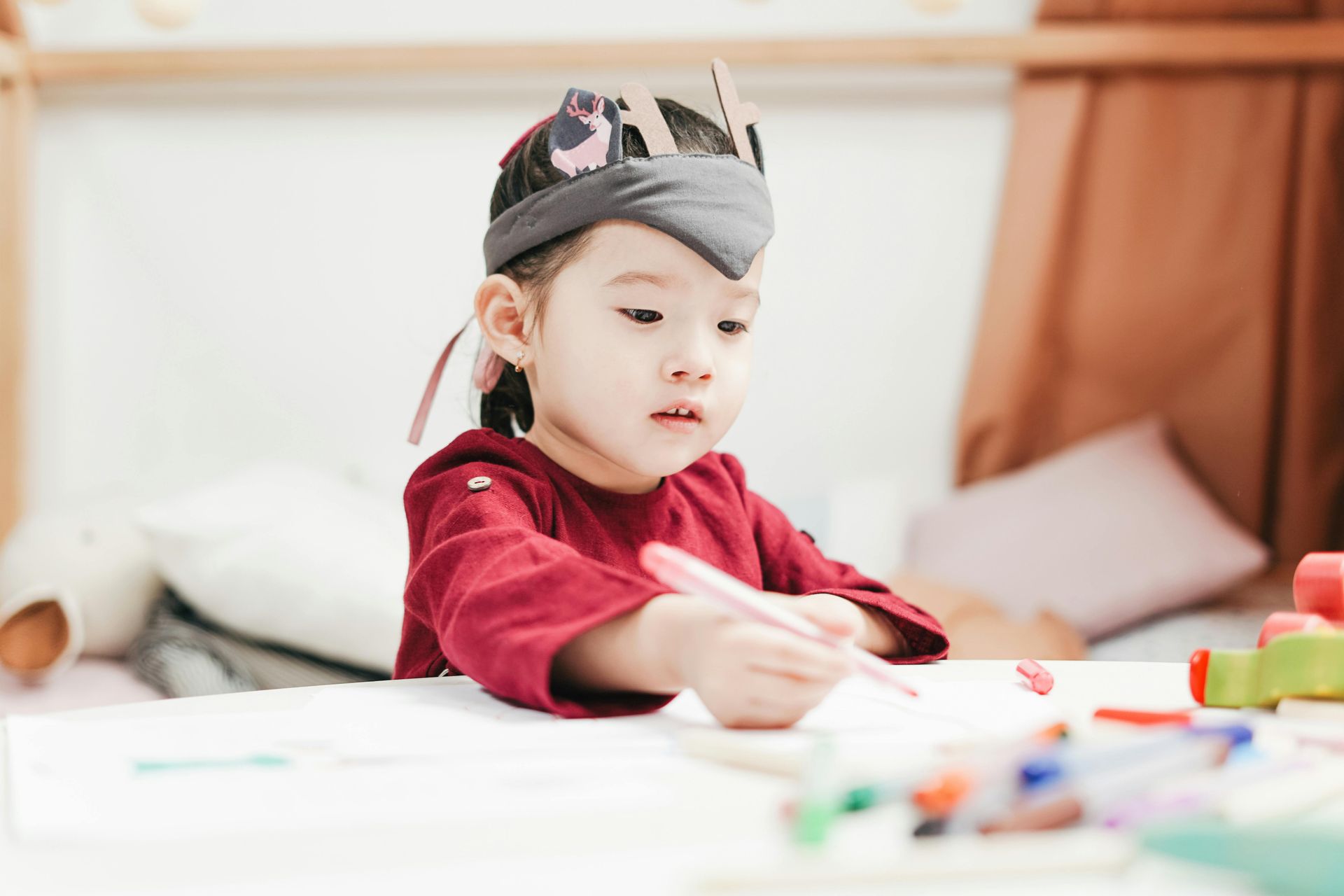
At Welbourne Avenue Nursery, we know that parents and caregivers are a child’s first and most important teachers . That’s why we prioritize building strong, respectful partnerships with families — creating a bridge between home and nursery that supports every child’s learning and development. The Importance of Family Engagement When families are actively involved in their child's early education: Children feel more secure and confident Learning is reinforced at home Communication and understanding between adults is stronger Developmental concerns are identified and addressed early Long-term educational outcomes improve We believe that when we work together, children thrive. Open and Ongoing Communication Communication is key to a strong partnership. We offer: Daily updates about your child’s activities, moods, meals, and milestones Parent-teacher conferences to discuss progress, strengths, and goals Open-door policies so families feel welcome and involved Digital platforms (when needed) to share photos, stories, and nursery news We listen just as much as we share — every parent’s voice matters. Welcoming Environment Families are welcome in our space. Whether it’s dropping in to read a story, attending an event, or volunteering in the garden, we value the presence and participation of loved ones. We celebrate family diversity, including: Different structures (single parents, grandparents, adoptive families) Languages spoken at home Cultural traditions Religious beliefs Every family is honored and included. Supporting Learning at Home We provide practical tools and ideas for continuing learning beyond the nursery: Activity packs to extend themes from the classroom Book lists and library suggestions Conversation starters and play prompts Parenting workshops or information sessions This helps create a consistent, connected learning journey. Transition Support Whether it’s starting nursery, moving to a new class, or preparing for school, transitions can be emotional. We support families through: Orientation visits Personalized plans based on your child’s needs Gradual transitions with parental involvement Resources to prepare children and parents alike Celebrating Together We believe in celebrating milestones and achievements together. Events like family breakfasts, art shows, and graduation days strengthen our community and show children that they are deeply supported.

Creativity is not just about painting or drawing — it’s about thinking, feeling, and expressing in ways that are unique to each child. At Welbourne Avenue Nursery, we deeply value the role of creative expression in early childhood development and offer many outlets for children to explore their inner worlds. Why Creativity Matters Creative expression supports: Emotional regulation and self-awareness Fine motor skill development Language growth through storytelling Problem-solving and divergent thinking Confidence and individuality Children who create freely also learn to take risks, accept mistakes, and appreciate the process rather than just the outcome. Our Approach to the Arts We provide a wide range of open-ended creative opportunities, such as: Art Stations : Children choose from materials like paint, pastels, clay, fabric, recycled items, and natural elements. There are no “right” or “wrong” ways to create — it’s all about exploration. Dramatic Play Areas : These encourage role-playing, storytelling, and social negotiation, allowing children to step into different worlds and identities. Music and Movement : From dancing to drums to homemade shakers, we use sound and rhythm to express feelings and build coordination. Storytelling and Puppet Play : Children invent characters, dialogue, and adventures — strengthening narrative skills and imagination. Child-Led Creativity We follow the interests of the child. If one child wants to build a castle from cardboard, another to mix paint with feathers, and another to pretend to be a doctor, we say yes — and support their vision. Educators ask open-ended questions like: “Tell me about your picture.” “What might happen next in your story?” “How else could we build that?” These prompts guide children to dig deeper, solve problems, and stay engaged with their creations. Displaying and Valuing Artwork Every child’s work is unique and valuable. We display artwork at child level, label it with the artist’s name and description, and invite families to comment and celebrate their child’s efforts. We focus on process over product. What matters most is the joy, experimentation, and pride children feel as they create. Integrating Art Across the Curriculum Creative expression is not confined to art time. We integrate it into: Science : Children draw what they observe in nature or mix colors to mimic animal patterns. Math : We explore shapes through collage and symmetry with paint. Language : Artwork becomes the starting point for dictation or group stories. This cross-curricular approach enriches learning and deepens understanding.
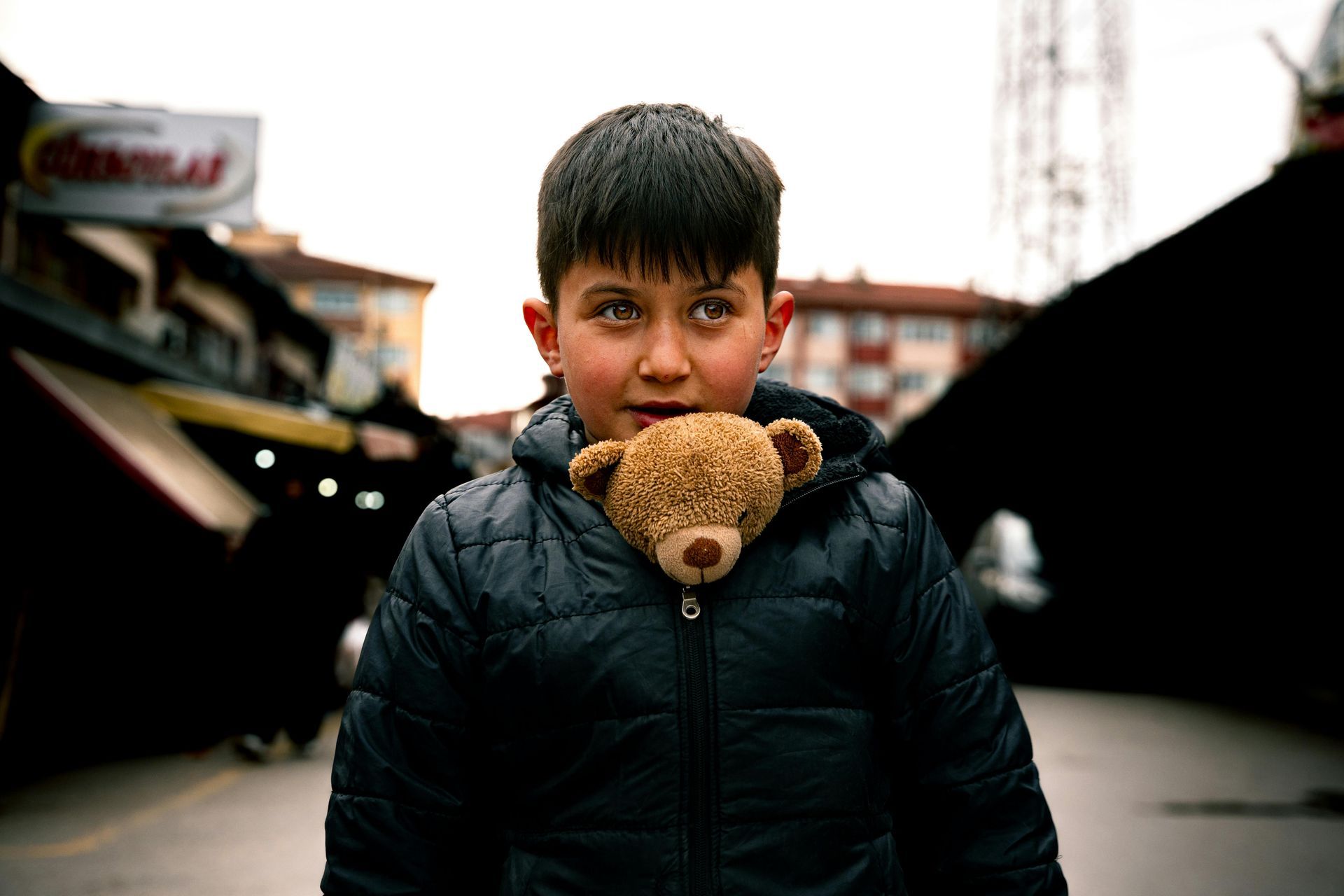
At Welbourne Avenue Nursery, we strike a delicate balance between flexibility and structure. While we encourage creativity, exploration, and child-led play, we also recognize the immense value of predictable routines and consistency in early childhood development. What Is a Daily Routine? A routine is a sequence of events that happens regularly and predictably. In our setting, this includes: Morning welcome and check-in Circle time Free play and learning centers Outdoor exploration Snack and mealtime rituals Rest time Closing routines and goodbyes Each part of the day flows logically and consistently, giving children a reliable rhythm to follow. How Routines Support Learning Routines do more than keep the day organized. They provide: Security : Knowing what comes next helps children feel safe and in control. Independence : Familiar patterns allow children to take initiative, like putting on shoes or cleaning up. Cognitive Development : Routines support memory, sequencing, and problem-solving. Behavior Regulation : Consistent transitions reduce stress and help children move smoothly from one activity to the next. A well-structured day sets the stage for optimal learning and emotional growth. Visual Schedules and Predictability We use visual schedules in every classroom. These charts use pictures and symbols to show the day’s events, helping even our youngest learners understand time and transitions. Children refer to these visuals on their own, building autonomy and time awareness. When a routine changes, we explain it clearly and support children in adapting, helping them learn flexibility in a secure context. Supporting Transitions Transitions can be tough for young children. We make them easier by: Giving advance notice before changes Using songs, claps, or chants as cues Having consistent rituals for starting or ending parts of the day Offering choice within transitions (e.g., “Would you like to walk or hop to your next activity?”) These strategies reduce anxiety and empower children to move through the day with confidence. Routines and Emotional Development A predictable environment helps children: Manage big feelings Build trust with adults Develop patience and anticipation Strengthen their sense of time and rhythm Emotional security is often rooted in knowing what to expect. Our daily routines are calming, stabilizing anchors that allow children to thrive. The Home Connection We encourage families to create and maintain simple routines at home to reinforce what we do at the nursery. This might include: Regular morning and bedtime rituals Consistent mealtimes Predictable transitions (e.g., screen time before homework or reading before sleep) Consistency at home and school helps children feel grounded, improves behavior, and supports the development of lifelong habits. Final Thoughts Children flourish in environments that are both responsive and reliable. At Welbourne Avenue Nursery, our well-planned routines give children the security they need to explore, create, and grow — every single day.

At Welbourne Avenue Nursery, we believe that kindness is one of the most important values we can teach young children . In today’s world, where empathy and compassion are more necessary than ever, we intentionally build a culture where every child feels safe, valued, and inspired to be kind to others. Why Kindness Matters Kindness in early childhood is about: Learning to share and take turns Helping a friend in need Using kind words and respectful tones Celebrating differences Showing empathy when someone is upset When children learn kindness early on, they develop stronger relationships, increased emotional intelligence, and greater confidence in social settings. How We Teach Kindness Every Day Our curriculum is rooted in social-emotional learning, and kindness is woven into every experience. Here's how we reinforce it: Kindness Circles : During group time, we talk about kind actions, read books with themes of compassion, and role-play how to be helpful and respectful. Compliment Chains : Children offer genuine compliments to one another, building connection and a habit of noticing the good in others. Kindness Jobs : Children are given roles like “Plant Helper” or “Book Sharer,” helping them take responsibility and feel proud of their positive contributions. Reflection Time : We often ask children, “What was something kind you saw or did today?” This encourages daily awareness. Modeling Kindness Through Staff and Environment Children learn by example. Our educators model kindness in every interaction, whether it’s greeting each child warmly, resolving conflict respectfully, or helping someone with patience. We treat children with consistent respect and care, showing them what kindness looks like in action. Our classrooms also reflect this value through: Kindness posters and visual prompts Multicultural books about empathy, sharing, and community Group projects that foster teamwork and cooperation Kindness Beyond the Classroom Kindness isn’t confined to the nursery. We encourage children to extend these lessons into the broader world. This includes: Making cards for people in hospitals or care homes Donating gently used books or toys as a class Learning about other cultures to cultivate respect and appreciation These moments help children see the impact of their actions and understand their role in creating a better world. Encouraging Kindness at Home We invite parents to join us in reinforcing kindness at home by: Celebrating acts of kindness (big or small) Discussing emotions and how to respond with empathy Encouraging children to help with tasks and care for pets or siblings Reading books that feature diverse characters engaging in kind acts Kindness is a habit — one we’re proud to nurture every single day.
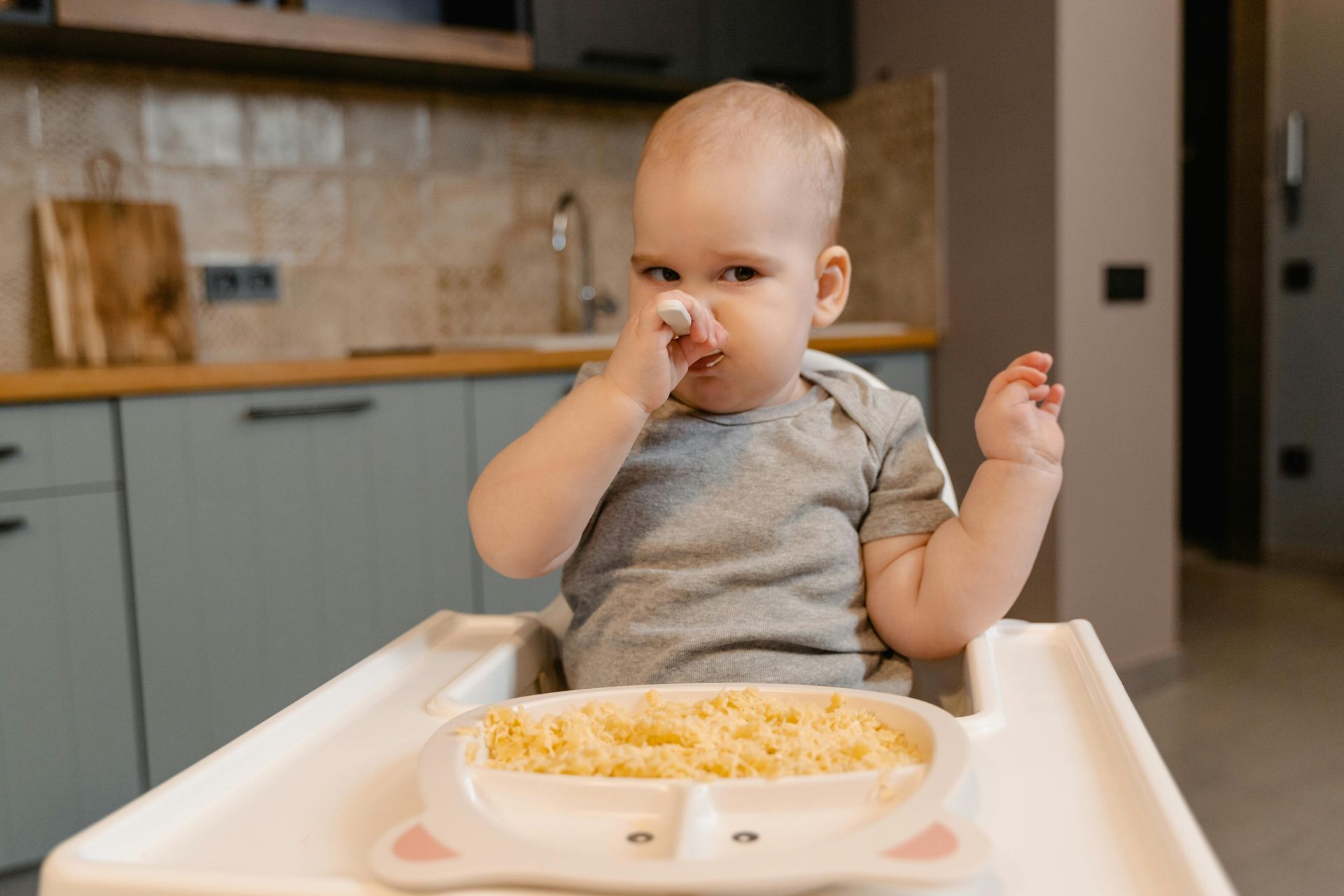
One of our key goals at Welbourne Avenue Nursery is to help children grow into confident, capable individuals who believe in their own abilities. We do this by nurturing independence from the very beginning — giving children space, time, and support to try things on their own and take pride in their accomplishments. What Does Independence Look Like in Early Childhood? Independence in young children can be seen in everyday actions such as: Putting on their own coat or shoes Serving themselves at snack time Choosing their own activities Solving simple problems without immediate adult intervention Expressing their preferences or needs clearly Each of these actions may seem small, but they represent major developmental strides in executive functioning, emotional regulation, and self-esteem. Our Approach to Supporting Independence We design our environment to make independence possible: Child-height furniture and materials allow children to access what they need without help. Visual routines and picture schedules provide structure so children know what to expect and what to do next. Clear, consistent expectations help children build responsibility and accountability. We offer just the right amount of guidance — stepping in when truly needed, but stepping back enough to let children discover what they can do. The Role of Choice Choice empowers children. We allow for choice throughout the day: What activity would you like to explore? Which story shall we read? Would you like to sit at this table or that one? Would you like help, or do you want to try it yourself? These choices might seem minor, but they reinforce decision-making skills and help children understand that their voice matters. Building Skills Through Everyday Routines We use daily routines as opportunities for learning independence: Mealtimes : Children pour drinks, serve food, and help clean up. Toileting and hygiene : With gentle coaching, children learn to manage their personal care with increasing skill. Tidying up : Each child learns where items belong and takes part in keeping the space organized. These small acts of self-care and responsibility build competence and confidence. Encouraging a Growth Mindset We don't expect children to succeed at everything right away. In fact, mistakes are part of the learning process . Our educators offer encouragement like: “That was a great try!” “I see you’re figuring it out.” “What could you do differently next time?” This language helps children develop a growth mindset — the belief that effort leads to improvement, and that challenges are opportunities, not failures. Celebrating Progress We acknowledge and celebrate each child’s milestones in independence, whether it’s zipping a coat, initiating a game, or solving a peer conflict with words. These moments are meaningful victories that pave the way for confident, lifelong learners. Supporting Independence at Home We work closely with parents to support independence beyond the classroom. We offer tips on: Age-appropriate chores Morning and bedtime routines Letting children take small risks Encouraging persistence instead of rushing to help Together, we foster a consistent message: “You can do this.”

At Welbourne Avenue Nursery, we believe that nature is one of the richest classrooms a child can experience. Outdoor learning goes far beyond recess or free play — it is a deeply intentional approach that fosters cognitive, physical, social, and emotional development. Whether digging in the soil, watching insects, or building with natural materials, children are learning about their world in powerful, memorable ways. Why Outdoor Learning Matters Young children are naturally curious. The outdoors provides: Sensory experiences that support brain development Opportunities for gross motor skill development Hands-on engagement with real-world science and math concepts A sense of freedom and creativity Support for mental well-being and emotional regulation Time outside isn't just a break — it's a vital part of holistic learning. Outdoor Learning in Action At Welbourne Avenue Nursery, we design purposeful outdoor experiences. These include: Gardening : Children plant, water, harvest, and even taste the fruits of their labour. Through gardening, they learn about life cycles, responsibility, and patience. Nature Walks : Our supervised nature explorations teach children to observe closely, ask questions, and respect the environment. Mud Kitchens : Sensory-rich mud play fosters creativity and imaginative thinking while developing fine motor skills. Loose Parts Play : Sticks, stones, leaves, and logs become building materials, storytelling props, or even musical instruments. Every outdoor moment is an invitation to explore, discover, and connect with the world around them. Risk and Resilience Supervised risk is an important part of outdoor learning. Climbing, balancing, or jumping from low heights teaches children to assess their abilities, build confidence, and problem-solve. Our staff are trained to support risk-taking in ways that are safe, age-appropriate, and empowering. This kind of challenge promotes resilience, independence, and decision-making — skills children carry with them for life. Supporting Emotional Health Through Nature The calming effects of nature are well-documented. Green spaces help reduce stress, improve mood, and increase focus. For children who may struggle with transitions or overstimulation indoors, time outside provides grounding and renewal. We incorporate mindfulness activities such as: Quiet observation of clouds or trees Nature-based storytelling circles Breathing exercises surrounded by birdsong These experiences help children tune into their bodies and emotions in a peaceful, nurturing setting. Weather as a Learning Tool We embrace all types of weather (with the right gear, of course). Rain becomes a chance to splash and observe puddles. Wind lets us explore movement through scarves or streamers. Changes in light and temperature provide rich vocabulary and scientific inquiry. Children quickly learn that every day brings something new — and that nature is always changing, just like them. Partnership with Families We encourage families to extend outdoor learning at home: Walks in the park while asking open-ended questions Collecting leaves or rocks for art projects Observing the sky and weather together Together, we raise children who are connected to and respectful of the natural world — a value that lasts far beyond the nursery years.
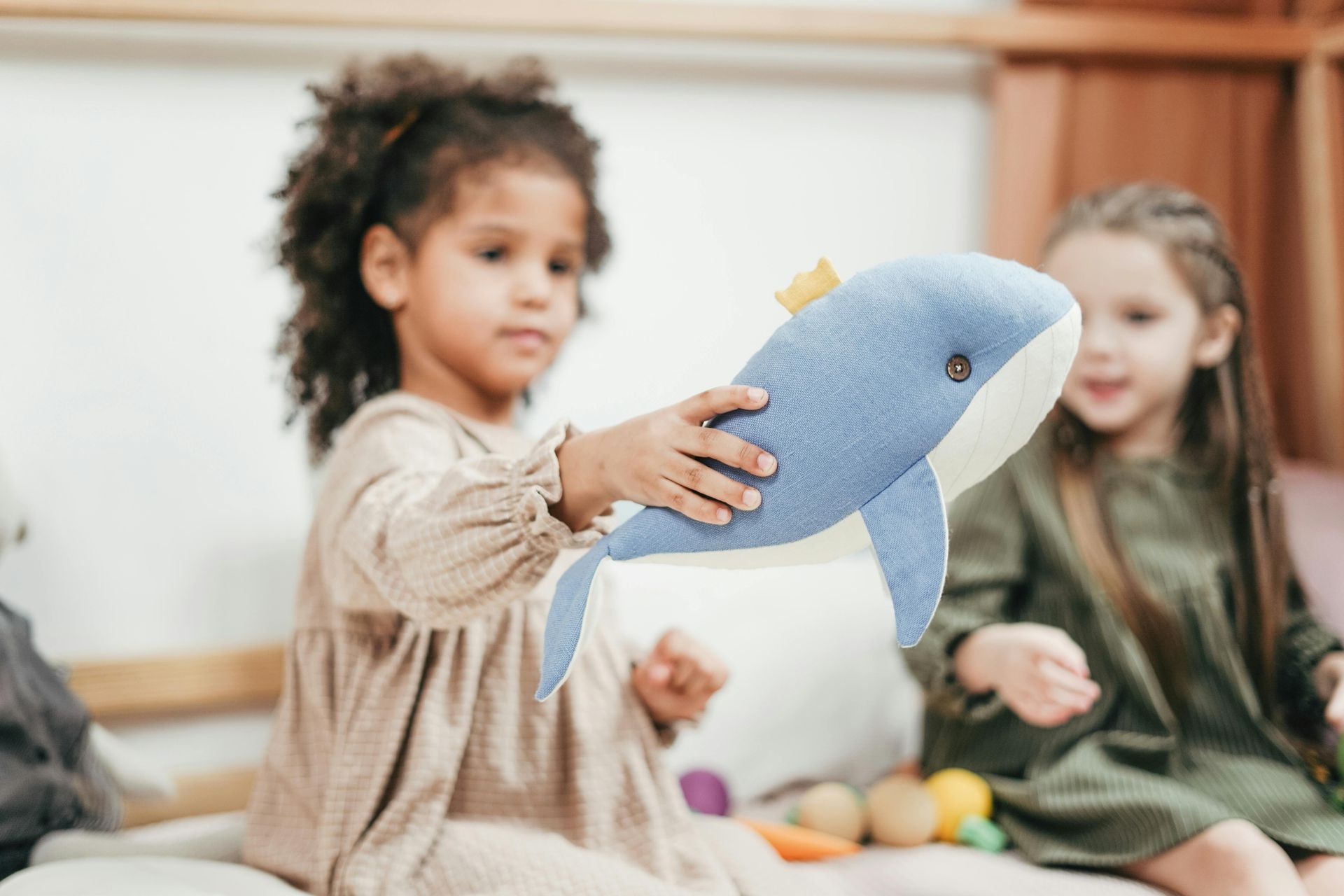
Literacy is more than just reading books — it’s a way of engaging with the world, expressing ideas, and building connections. At Welbourne Avenue Nursery, we don’t wait for formal education to begin cultivating literacy. We immerse children in a world of words from the moment they walk through our doors. What is Early Literacy? Early literacy refers to the foundational skills that prepare children to become confident readers and writers. These include: Phonological awareness (the sounds of language) Vocabulary development Print awareness (understanding how books and print work) Story comprehension Oral language and communication These skills begin developing in infancy and are nurtured through rich language experiences, play, and exploration. Our Literacy-Rich Classrooms Each of our classrooms is designed to surround children with literacy in a way that feels natural and joyful. Our environments include: Cozy reading corners with a wide range of age-appropriate books Labels on shelves and materials to connect print to meaning Storytime sessions with dynamic read-alouds Props and puppets for interactive storytelling Opportunities to “write” through drawing, scribbling, and mark-making We emphasize that reading and writing are for communication, not performance. Children are free to explore language at their own pace, in their own way. Daily Literacy Experiences Every day, children at Welbourne Avenue Nursery engage in activities that build literacy skills: Singing songs and nursery rhymes to develop rhythm and rhyme Retelling stories with puppets or pictures to build comprehension “Writing” letters to friends or family members Using their names in attendance boards and cubbies Describing their art or play aloud with adult support These small moments build a powerful foundation of language and literacy. Storytelling as a Learning Tool We view storytelling as a vital part of literacy development. Whether retelling a known tale or inventing their own, children learn: Sequencing (beginning, middle, end) Descriptive language Emotional expression Listening and turn-taking Our educators often write down children’s stories, helping them see the connection between spoken and written words — a key part of emergent literacy. Encouraging a Love of Books The most important thing we can do for future readers is to help them love books. That’s why we offer: Diverse and inclusive literature that reflects children’s lives Books in different languages Books that feature humor, adventure, emotions, and curiosity Freedom for children to choose what they want to read We also invite parents to borrow books, share stories from home, and participate in our “Family Reading Days” where grown-ups come in to read aloud. Supporting Literacy at Home We partner with families to extend literacy experiences into the home. We offer tips, book lists, and ideas like: Talking about your day at dinner Singing bedtime songs Reading together every evening, even if just for five minutes Encouraging children to tell their own stories Together, we build confident communicators who see reading not as a task, but as a joy.

At Welbourne Avenue Nursery, we understand that academic learning is only one part of early childhood development. Equally important — if not more so — is the development of emotional intelligence . Emotional intelligence, or EQ, refers to a child’s ability to recognize, express, and regulate their emotions and empathize with others. Cultivating this skill set in early childhood sets the stage for lifelong mental health, social success, and resilience. What is Emotional Intelligence? Emotional intelligence includes five core components: Self-awareness : Understanding one’s own emotions. Self-regulation : Managing emotions in healthy ways. Motivation : Channeling emotions toward positive goals. Empathy : Recognizing emotions in others. Social skills : Interacting in ways that respect both oneself and others. These are not innate traits. Like literacy and math, emotional intelligence can and should be taught — through modeling, practice, and guided reflection. How We Teach Emotional Intelligence Our educators are trained in intentional emotional guidance. We help children build emotional vocabulary, understand how feelings affect behavior, and learn techniques to manage those feelings constructively. Some of our methods include: Emotion Cards : Visual aids help children identify and name feelings such as happy, sad, angry, or frustrated. Feelings Check-Ins : We ask children how they’re feeling during circle time and throughout the day. Calm Down Corners : A designated space with sensory tools, soft materials, and calming prompts where children can regroup. Storytelling & Books : We use age-appropriate stories that illustrate emotional situations, helping children build empathy and discuss feelings openly. Helping Children Manage Big Feelings Tantrums, outbursts, and tears are all natural in early childhood. Our role is not to suppress them but to support children in moving through them. We remain calm, validate their emotions, and offer strategies like deep breathing, counting, or seeking adult help. We teach children that all emotions are acceptable, but not all behaviors are. For example, “It’s okay to be mad. It’s not okay to hit.” From this framework, children learn that feelings are temporary, manageable, and nothing to be ashamed of. Modeling Matters Children learn far more from what they see than what they are told. Our educators model emotional regulation in daily interactions, calmly navigating frustrations or conflicts and talking through their own feelings when appropriate. This consistent modeling teaches children how to respond to life’s challenges with self-awareness and control. The Role of Play in Emotional Learning Much of emotional development happens through play: Role play helps children act out and process emotional scenarios. Cooperative games teach teamwork and negotiation. Artistic expression offers a safe outlet for internal experiences. Whether painting, pretending, or problem-solving together, children are building the social-emotional muscles they’ll carry with them for life. Family Partnership We regularly share strategies and insights with parents to ensure emotional learning continues at home. We encourage families to use similar language, validate feelings, and implement calm-down strategies as a team. Together, we create a consistent, emotionally intelligent environment that nurtures confidence and well-being.
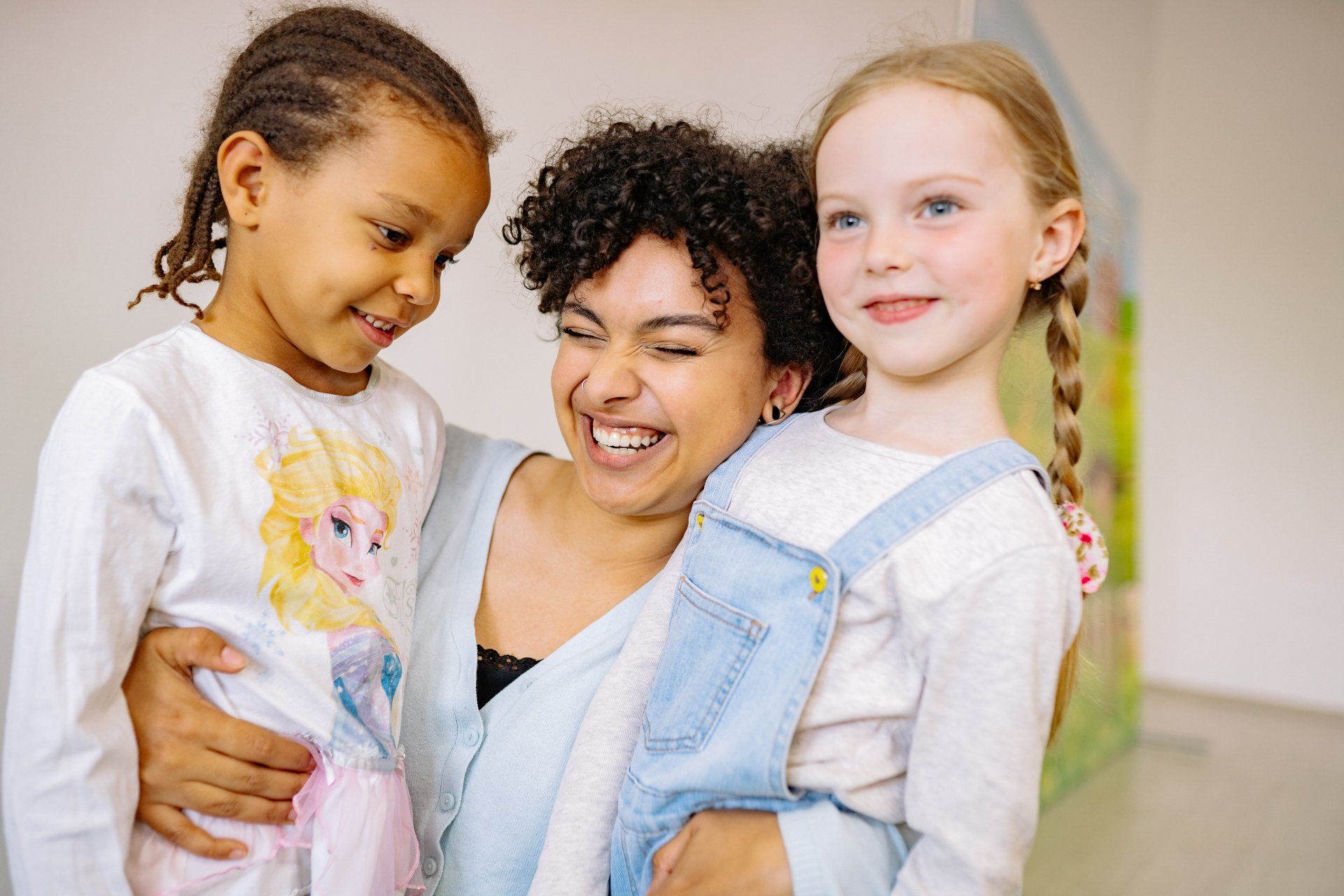
The start of nursery school is an exciting milestone for both children and families — but it can also bring nervousness, uncertainty, and many questions. At Welbourne Avenue Nursery, we approach each new enrolment with great care, ensuring a smooth, supportive transition for every child who joins our community. The Importance of a Gentle Start Young children thrive on familiarity and routine. For many, starting nursery is their first extended experience away from home. It’s a big adjustment, and we believe in easing into it slowly and compassionately. We offer: Staggered Start Times : Shorter days at the beginning help children build comfort without overwhelm. Settling-In Sessions : Families are welcome to stay and explore the space with their child before drop-off becomes regular. Consistent Staffing : We ensure each child has a familiar, consistent adult they can bond with. This gentle approach helps reduce separation anxiety and allows trust to develop at a natural pace. Partnering With Families From Day One We view parents and carers as essential partners in a child’s learning journey. From the first tour to the first day, we work closely with families to understand each child’s personality, preferences, and routines. We gather insight about: Sleep schedules and eating habits Comfort items and favorite activities Family culture, language, and traditions Any fears, health needs, or sensory sensitivities This information helps us tailor our care to meet each child’s unique needs, creating a truly individualized experience. Creating a Home-Like Environment We design our nursery spaces to feel warm, safe, and welcoming. Soft lighting, cozy nooks, family photos, and gentle music help children feel more at ease. We keep class sizes small and ratios low so that every child gets the attention and connection they deserve. Our educators greet each child by name, listen attentively, and help them navigate each part of the day with empathy and encouragement. Helping Children Build Relationships Making friends and connecting with educators are key parts of the nursery experience. We use: Small-group activities Turn-taking games Parallel play setups Gentle introductions to group routines Over time, children build confidence, communication skills, and emotional resilience. Many parents are surprised by how quickly their child begins to thrive, once the initial adjustment phase has passed. Open Communication With Families We know that parents want to feel informed and reassured. That’s why we offer: Daily reports or updates Photos and notes about your child’s day Open-door policies for questions and feedback Regular family meetings and parent-teacher conversations This two-way communication ensures you stay connected, even when you’re not in the room. Every Transition is Unique We understand that not every child adjusts at the same pace. Some may dive right in; others may take more time. There is no right or wrong — only the importance of meeting each child where they are. Our team is patient, consistent, and responsive. We’re here to support not only your child, but you as a family, every step of the way.


